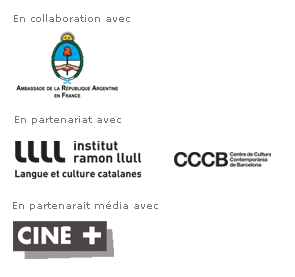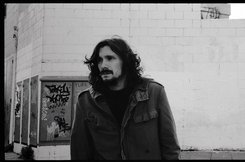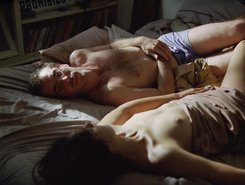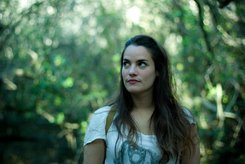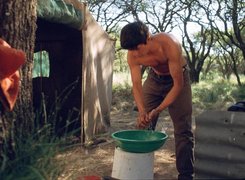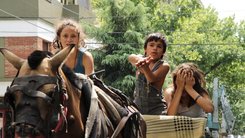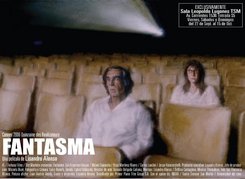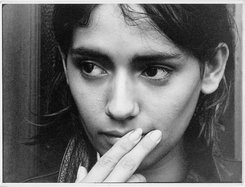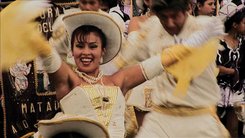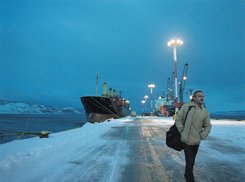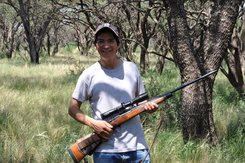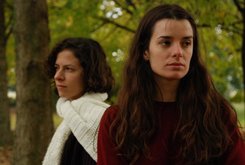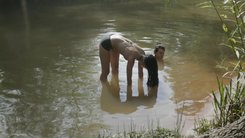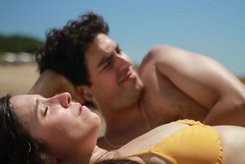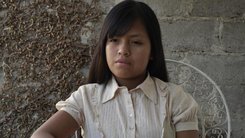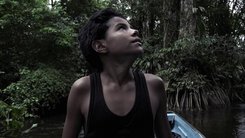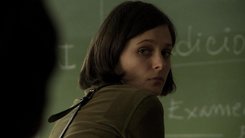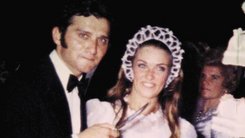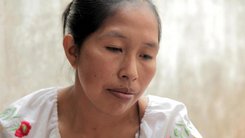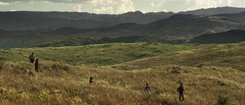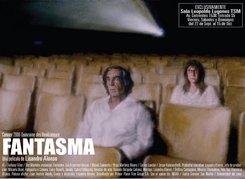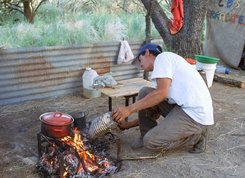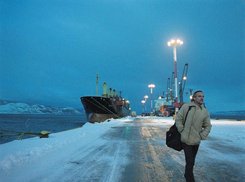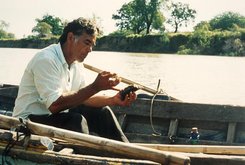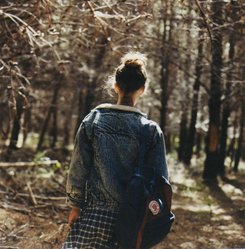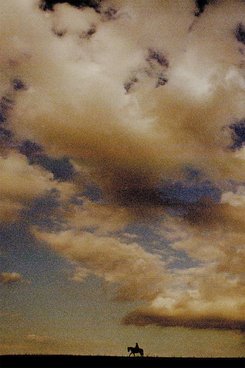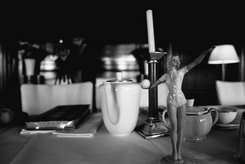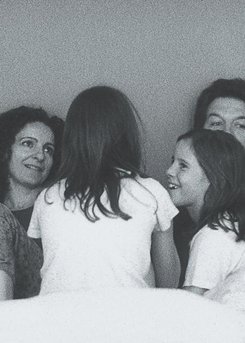Cinema/Video
Lisandro Alonso
As part of Albert Serra-Lisandro Alonso, film-makers in correspondence
31 May - 29 Jun 2013
31 May - 29 Jun 2013
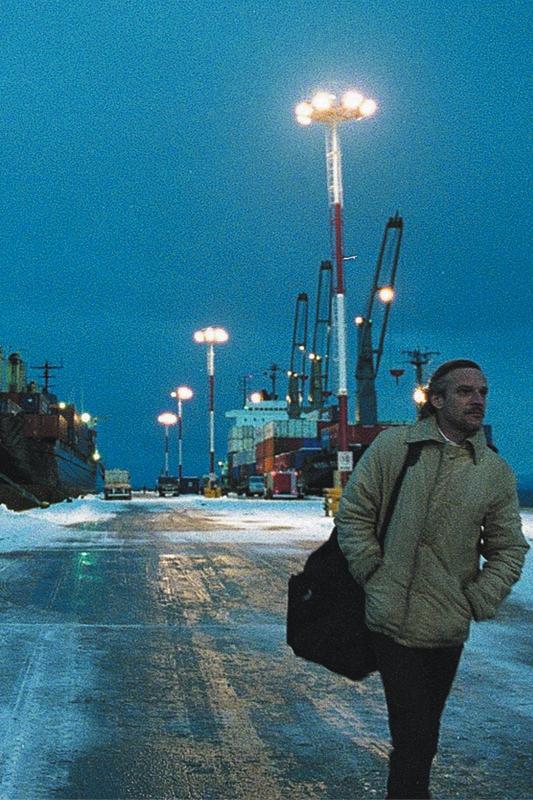
The event is over

The Argentine Lisandro Alonso appeared on the scene in 2001 with La Libertad, his first radical film, which revealed a talent beyond dramaturgy, imbued with strangeness and a muted violence, and would soon make him one of the leaders of “Nuevo Cine Argentino”. The Centre Pompidou presents a full retrospective, in correspondence with Albert Serra. The film-maker revisits their affinities.

Interviewed by Sylvie Pras, Head of Cinema Section, Cultural Development Department. Translated from the Spanish by Damien Truchot.
The Argentine Lisandro Alonso appeared on the scene in 2001 with La Libertad, his first radical film, which revealed a talent beyond dramaturgy, imbued with strangeness and a muted violence, and would soon make him one of the leaders of “Nuevo Cine Argentino”. The Centre Pompidou presents a full retrospective, in correspondence with Albert Serra. The film-maker revisits their affinities.
Sylvie Pras – All your films are being shown at the Centre Pompidou. How have other art forms influenced your film-making? Which artists do you feel close to?
Lisandro Alonso – Everything that passes before me affects me in some way, although I have become less sensitive recently, very focused on my little family. Cinema interests me, whatever its form, above all when it concerns personal investigation. Some film-makers speak to me in particular: Miguel Gomes, Apichatpong Weerasethakul, Carlos Reygadas, Paul Thomas Anderson, João Nicolau or even Albert Serra, with whom I shared a film correspondence, which is currently being shown at the Centre Pompidou. I also think of the painter Juan Andrés Videla.
SP – You are ready to film in Argentina with the actor Viggo Mortensen. Both of you seem to like expressing yourselves beyond words. How do you work together?
LA – As I explained to Nicolas Azalbert, for an article published in Les Cahiers du Cinéma, last January: “Working with him is of course very different from my previous films where I filmed non-professional actors (Misael Saavedra in La Libertad and Argentino Vargas in Los Muertos, both united in Fantasma, ed.), but I don't see Viggo Mortensen as a Hollywood star. He is a charismatic actor who doesn't speak much: it's all about his presence. His acting is more through the gesture and the look. And he grew up in Argentina. His father was the administrator of an estancia in Chaco, Santa Fe. […] He therefore knew the countryside, knew how to ride a horse, and above all, spoke perfect Spanish. Of course he's a great actor, but he is also – and perhaps most importantly for me – an editor of books on poetry, painting and photography. A few years ago, he edited a book of Argentine poets. He therefore has a curiosity beyond that of acting. […] He is an actor who takes risks, as he proved in acting in my film. According to him, it's an experimental film, and, he would say, an Andy Warhol film.”
SP – For this cycle, you have chosen to show contemporary Argentine films and film-makers. What's going on in Buenos Aires?
LA - In Buenos Aires and its vicinity, we film better, we are looking for a specific language, for new cameras, for new films. There are also new screens, outside the traditional cinema circuit.
Where
Cinéma 2
Cinema 1
When
31 May - 29 Jun 2013
every days except tuesdaysPartners
